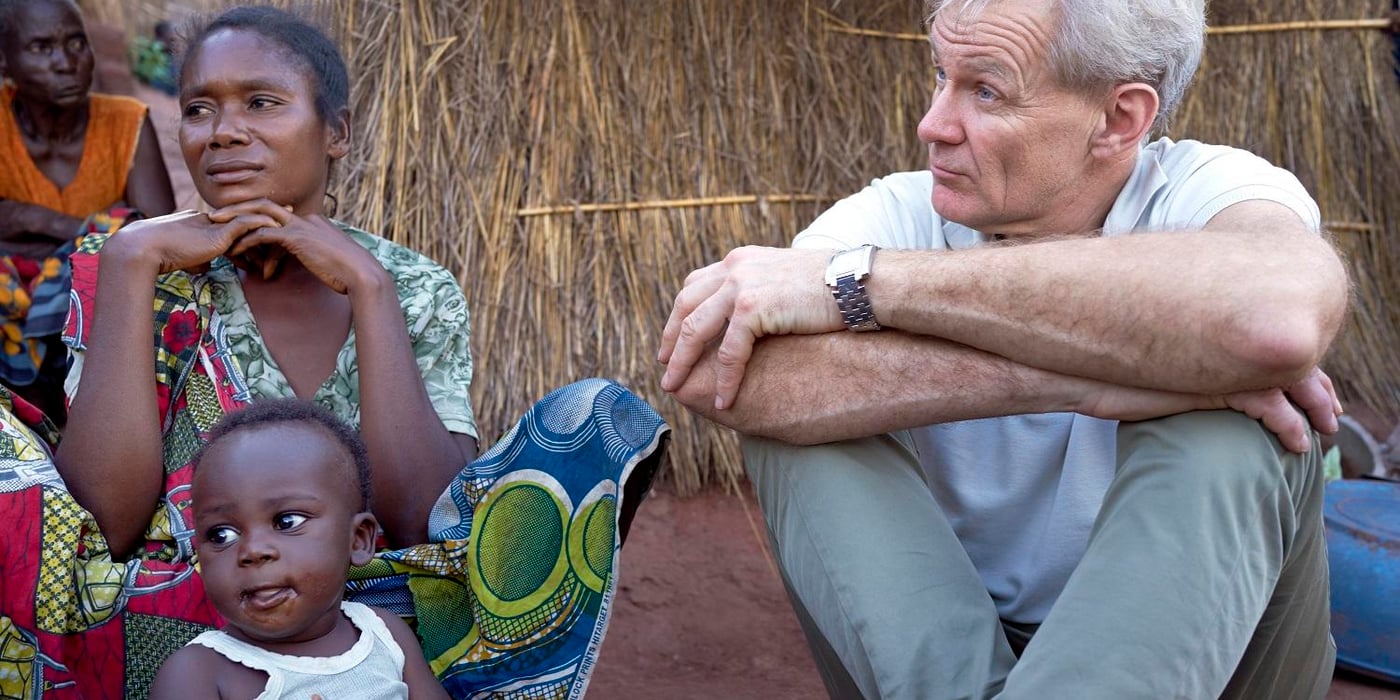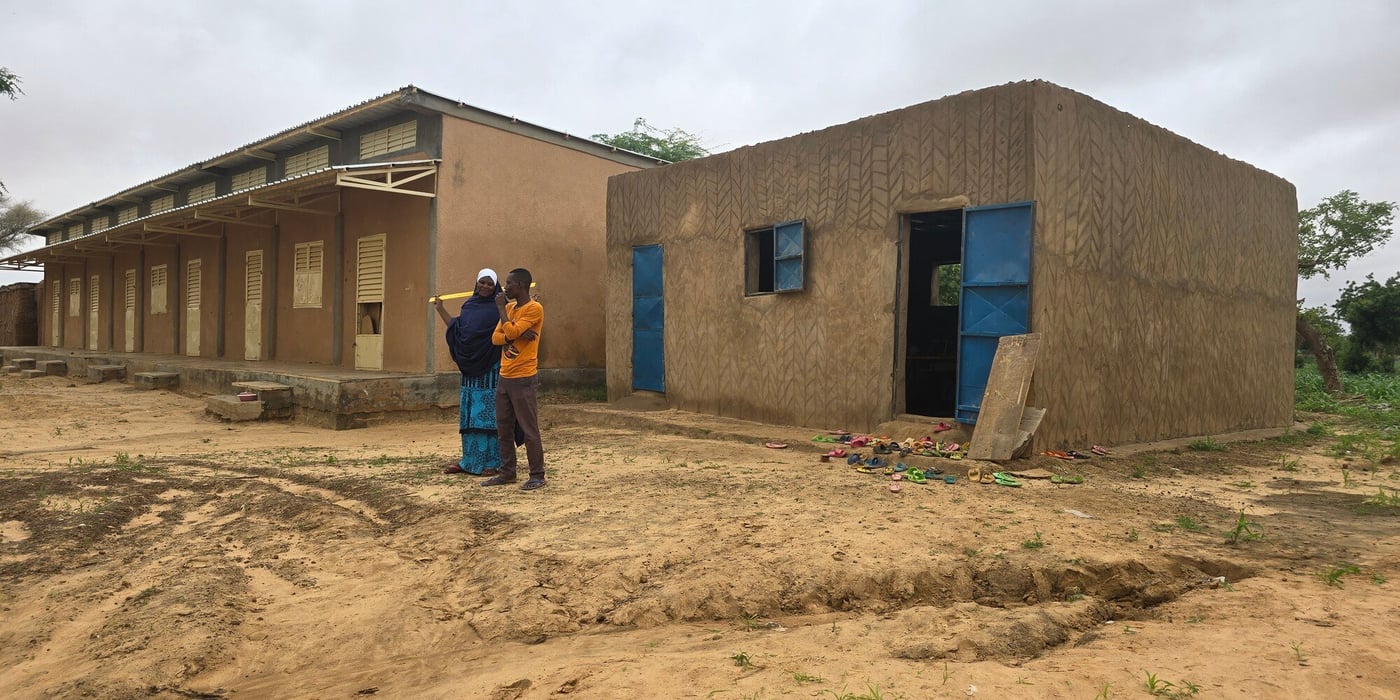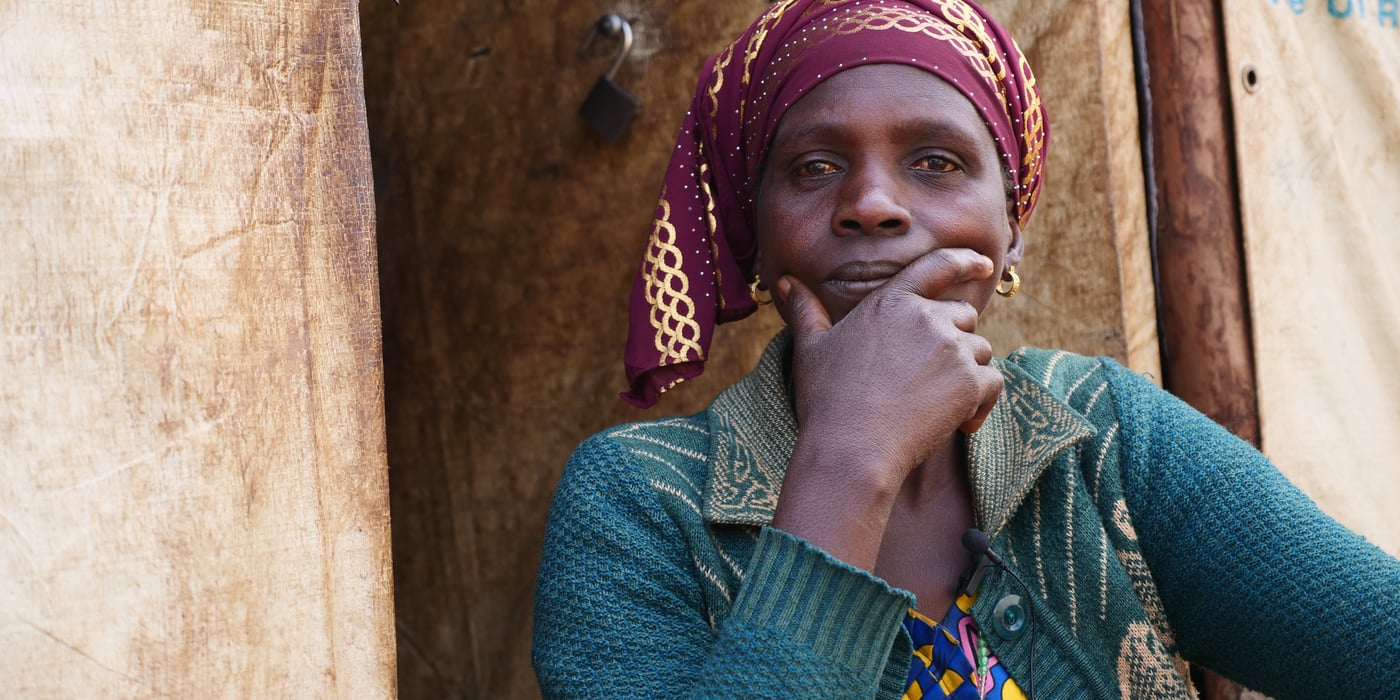
Q: What is the message NRC wants to share ahead of this conference?
A: We’re happy that there’s a conference on DRC because this is a huge catastrophe and it has fallen in the shadow of other disasters like Syria, Yemen and South Sudan. DRC is up there with the biggest disasters on earth and where 13 million people need assistance. When I was there, I was shocked by the utter need across this vast country in the heart of Africa. Humanitarian assistance is inadequate there. We’re not there; we’re failing. Half of the people in acute need get no assistance. Those who do get assistance, get the minimum.
Q: Let’s take a step back for those who are not so familiar with the crisis in DRC. Could you explain why things have gotten so bad over the past year?
A: From the end of 2016 and into 2017, three regions went from being very fragile and tense to a horrific war. The regions are called Kasai and Tanganyika, recently also Ituri. It started when men armed with machetes and other weapons attacked the civilian population as much as they attacked each other. Civilians were being killed so people fled if they could.
I’ve recently visited North-Kivu, where I could see that the number of displaced people has doubled in just one year. Shockingly, the number of humanitarian actors had decreased by 50 per cent in that period. They were so underfunded that it became too dangerous to do their work.
Q: How is it that so many people are being killed in eastern DRC every day and yet it is not covered by international news media?
A: This is mind-blowing. I think the answer is that these people don’t flee to the Mediterranean. We don’t get to see them. And the US, Russia, Saudi Arabia and Iran are not fighting each other as they do in Syria. In DRC, internal forces kill each other and the civilian population. It’s little known but international forces are also funding and arming groups. We need to expose this.
Q: The aid community only received half of the money it needed last year. Concretely, what happens to aid agencies when they do have sufficient funds to do their work? How does it affect the people in DR Congo?
A: It has a devastating effect for the people. The humanitarian community asked for eight hundred million US dollars. The appeals for Syria, Yemen and other places ask for billions of dollars. We asked for too little and then the world gave us half of that. Humanitarian groups had to decide which province they would neglect. The consequence of too little aid is that people die.
Q: You travelled to the DRC this year. Could you tell us a bit about the families you met and the stories you heard over there?
A: I was deeply impressed by the dignity of mothers, fathers and children who lost everything. I remember one story of a widow I met in North Kivu, and another one in Tanganyika. Their husbands were killed and their houses were torched by an armed militia. Then they fled to a place where they built themselves a small hut with the help of former neighbours. Their hope was to return one day but it’s not easy to return to a place where there is no security.
Q: Providing security to civilians will depend on the international community. If donors don’t give enough money, what will be the impact on the ground for the Congolese?
A: We’ll lose a lot of lives we could have saved. This is life-saving assistance we’re asking for and we’re not getting it. What I really hope is that we get people to pay attention to DRC, and that we get money to expand to new areas.



